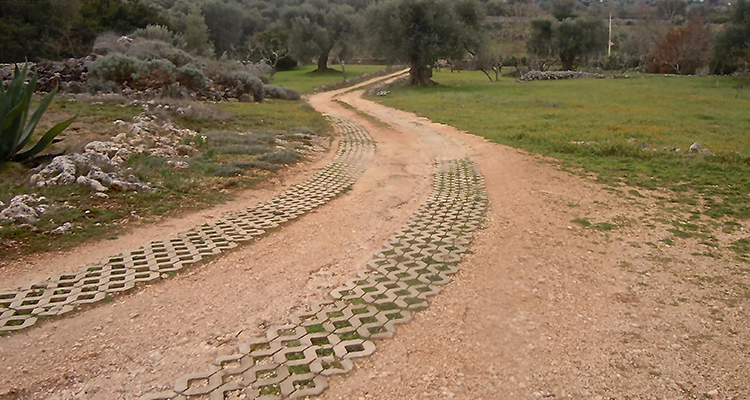I know a few (okay, I’ve known several) people who think that they need to “have it all together” before they can help anyone else — heck, I used to feel that way, myself. It’s like I would look at my life and think, “If I’m still struggling with XYZ, what right do I have to put myself as an expert in this area? Doesn’t that make me a fraud?”
What helped shift it for me was recognizing that Life is a process. The goal is not to glide effortlessly through it, but to use all the apparent stumbling blocks and hiccups and fears and things that don’t exactly turn out the way we’d hoped as tools and opportunities to expand, to grow, and to help others.
One of the things that has historically challenged me has been an overabundance of possibilities. I felt like I was in a long corridor lined with doors, each leading to a different opportunity. This may sound great, but I was terrified of actually stepping through any specific door, because I knew I’d be able to hear the crashing sound of all the other doors in the hallway crashing shut behind me.
Eventually, I learned that that would always be more doors, and even if they weren’t the same doors that had been there before, that’s okay, because I’m not here to try to live every single possible life — I’m here to experience and create my own, unique path.
But how to identify what is my path? I’ve heard Debra Poneman, one of the early modern advocates of the importance of mindset in achieving success and satisfaction in life, say that anything done with deep love is the right thing to do. Alexis Neely, the lawyer turned bohemian business guru, said, “Your purpose is not what you are doing. Your purpose is who you are being.”
I found both of these perspectives reassuring. I was no longer quite as afraid of Doing The Wrong Thing. However, I was still a bit stymied by how to figure out what to do.
This led to the next biggest shift for me: moving from judgment to assessment. I started paying more active attention to how I choose my goals and my actions. What made me tense up or feel tired? What got me really jazzed? What elements contributed to feeling overwhelmed, and how could I separate those elements and deal with them so I could relax? How did I want to feel? What else was possible?
I still run into sticking points now and again, but let’s go back to the beginning of this essay: I now see the way that I deal with those sticking points as being in the service of helping others. Recently, I wrote a book entitled, Navigating Life: 8 Simple Strategies to Guide Your Way. The fun thing is that the challenges I ran into while writing the book helped refine the strategies that I included in the book! Whenever I ran into writer’s block or wasn’t sure how to frame something or even if I should be writing at all, I stepped back, ran through some of the techniques I’ve mentioned here, and sometimes came up with whole new ideas that I then added to the How To guide that I was writing.
So now I ask you: what challenges are you going through in your own life that are opportunities for you to help others on a similar path? How can you shift from judgment to assessment and build up your toolbox for both navigating your own life and for sharing what you’ve learned to give others a hand up as well?

